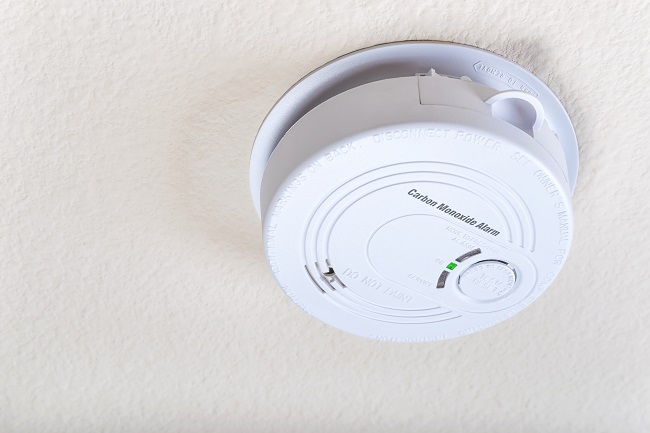How Our Heating Repair & Installation Services Can Benefit You
Winter is a beautiful but volatile season. Make sure your heating system is running properly this winter season. When an HVAC system is leaking carbon monoxide it can lead to awful outcomes. Carbon monoxide is a dangerous toxin, and it can mean the difference between life and death in your home. We’ll tell you how our Heating Repair & Installation services can benefit you, but first, let’s talk about carbon monoxide.

What Carbon-Monoxide Poisoning Is And Why It’s Dangerous.
According to the Centers for Disease Control and Prevention, the United States documents more than 400 yearly fatalities from carbon monoxide accidents and more than 20,000 yearly emergency room visits for carbon monoxide poisoning. Carbon monoxide is difficult to detect because it is virtually tasteless, odorless, and colorless. It is formed when there is inadequate oxygen to power the combustion process. In many homes, enclosed and poorly ventilated spaces lead home heating systems to produce dangerous levels of carbon monoxide.
The real danger occurs when carbon monoxide molecules bind to the hemoglobin in our red blood cells.These carbon monoxide molecules exclusively monopolize the hemoglobin and effectively obstruct the distribution of oxygen to our cells. Eventually, the cells suffocate from a lack of oxygen. According to EMedicineHealth, symptoms of carbon monoxide poisoning include fatigue, nausea, and headaches. These symptoms are virtually indistinguishable from the typical flu symptom.
How Your Home-Heating System Is At Risk And What A Home Inspection Can Do For You.
Will a newer home heating system solve the problem? Not necessarily. Despite the prevailing public sentiment, newer heating systems do not constitute fail-safe solutions. According to the Chimney Safety Institute of America, a home inspection can uncover problem areas you never thought existed:
- Chimney flues and connector pipes that facilitate the combustion process are subject to deterioration; therefore, they need to be replaced on a consistent basis.
- Soot build-up in the interior of chimney liners can lead to chimney blockages and the influx of toxic fumes back into the house.
- Natural gas furnaces easily produce higher levels of condensation, and this, in turn, leads to faster corrosion of chimney flues.
- Many natural gas furnaces utilize chimneys that once served oil heating systems. Thus, higher water vapor levels and old deposits can effectively clog chimney flues and destabilize the combustion process.
A Tune-Up May Just Save Your Life And The Lives Of Your Loved Ones.
During a furnace tune-up, our expert technicians will detect any carbon monoxide leaks and provide you wit actionable solutions. So, don’t wait: if you aren’t sure when your furnace was last serviced, contact us, and we’ll be happy to chat with you.
